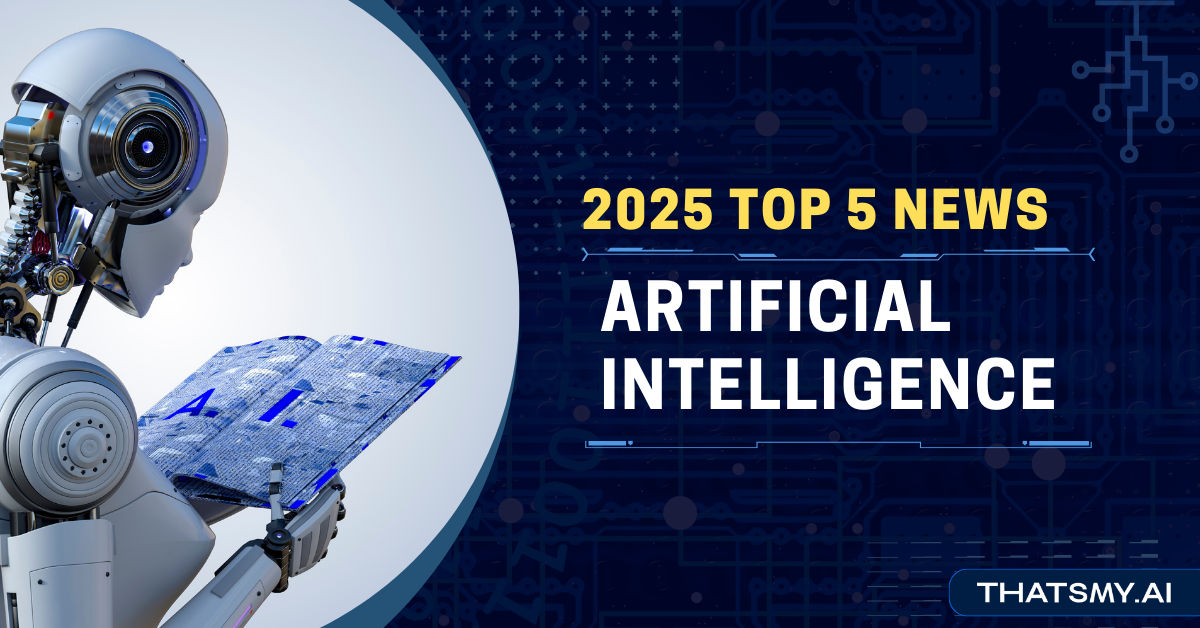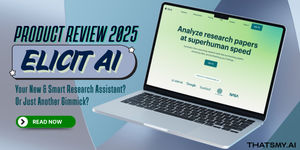This week in AI, Google introduces Gemini 2.0 with enhanced coding and security features, while DeepSeek faces bans worldwide over privacy concerns. ByteDance debuts OmniHuman-1, converting images to lifelike videos. OpenAI CEO Sam Altman praises India’s growing AI influence, and Meta unveils an AI Risk Framework to classify and restrict high-risk models, underscoring the global need for responsible innovation strategies.

Like any other technology, artificial intelligence continues to evolve rapidly. Since its arrival, generative AI has impacted various industries and sparked security ethics and innovation debates.
From deepfake issues and AI biases, studies and research revolving around generative AI are crucial. AI is also credited with driving economic growth. Governments, corporate giants, and academic researchers are now dealing with the challenge of leveraging its potential while ensuring responsible deployment, making artificial intelligence a focal point of global discourse.
Let's take you through what happened in the AI space this week.
Google has officially announced that it will make its updated Gemini 2.0 AI available to developers, enabling them to develop production applications with Gemini 2.0 Flash. In addition, an experimental version of Gemini 2.0 will also be introduced, enhancing code capabilities, complex problem-solving, and overall efficiency. Google will also implement security measures to curb cyber threats, malicious attacks, and indirect prompt injections.
DeepSeek, the Chinese AI startup that has caused significant controversy worldwide, is banned by governments in many countries. The United States, Taiwan, South Korea, Australia, and Italy have restricted its use on all government devices, citing reasons related to data privacy, cyber threats, and international security. Conversely, India has advised government officials not to use any generative AI app on government-owned devices, including ChatGPT and DeepSeek. Authorities worldwide have demanded more transparency regarding DeepSeek's handling of personal data.
ByteDance, which also owns TikTok, has introduced OmniHuman 1. This AI application system can convert a single image into a lifelike video. It is trained on extensive video data and generates realistic facial expressions, speech, and body movements. This invention is considered a breakthrough in the AI-powered video landscape, as it can revolutionize animation, gaming, and digital content creation.
Open AI's CEO Sam Waltman, who was previously skeptical about India's ability to develop its large-scale AI models, has acknowledged India's growing role in artificial intelligence. Altman stated that India is Open AI's second-largest market and that India's emerging influence on AI research and development is tremendous. The remark comes days after India announced that it would develop an indigenous AI model under the IndiaAI mission supported by government funding for IT infrastructure.
Recently, Meta announced that the Frontier AI network would categorize AI systems into high-risk and critical-risk categories. All models that pose cyber security and biohazard threats may be restricted or discontinued. The company said it prioritizes AI safety by evaluating through expert assessment rather than established quantitative metrics.
The continuous advancement in the AI ecosystem brings challenges and opportunities. The future of AI will depend on balancing progress and responsible usage. On the one hand, artificial intelligence optimizes operations, innovation, and results-driven automation. On the other hand, it also raises concerns over misinformation, data, privacy and international security. Therefore, governments, businesses, and academia must collaborate to make AI tools reliable and safe.
Sign up to gain AI-driven insights and tools that set you apart from the crowd. Become the leader you’re meant to be.
Start My AI Journey
ThatsMyAI
20 March 2025

ThatsMyAI
7 March 2025